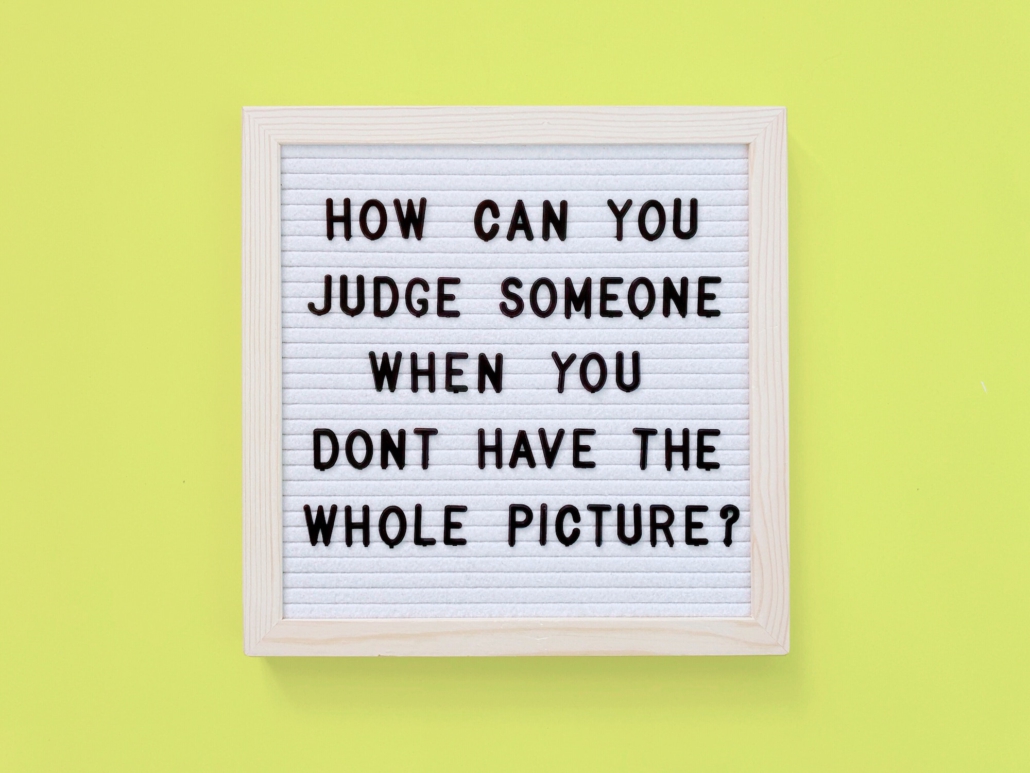LEGAL+ NEWS
In a very recent ruling, the Federal Court of Justice (BGH) has made insightful statements on the extremely practical question of when a quality agreement can be assumed in a specific case in the absence of an express agreement.
I.
The BGH ruling of August 31, 2017 (case no. VII ZR 5/17, NJW 2017, 3590) states:
” Taking these standards into account, the interpretation of the contract for work and services undertaken by the appellate court does not stand up to appellate review. The result of the interpretation of the appellate court, according to which no (implied) quality agreement was concluded with regard to the color stability of the white coating, is based on a violation of the principle of the interpretation of the contract in accordance with the interests of both parties. When interpreting the contract with regard to a possible quality agreement, the legitimate expectation of the customer regarding the work performance is of importance (see BGH, NJW 2007, 3275 = NZBau 2007, 507 = BauR 2007, 1407 [1409] para. 23). In the absence of a discussion of the risk of yellowing before or at the conclusion of the contract and in the absence of special expertise on this problem, the defendant was entitled, in view of the considerable costs of the painting work, to have the legitimate expectation that the white coating determined after the inspection of the test area – assuming normal cleaning – would not yellow more than insignificantly after less than one year. The appellate court did not sufficiently consider this aspect, which is important for a mutually fair interpretation of the contract.”
II.
Conclusion:
In this interesting ruling, the BGH clarified that a conclusive agreement on a certain quality may exist even if there is no confirmatory statement. Rather, it may be sufficient if the buyer has a legitimate expectation with regard to a certain quality that is recognizable to the seller in the individual case.

LATEST ARTICLES

On the bias of judges in civil proceedings: If judges do not read a party’s pleadings, this can justify a motion for recusal!
Following on from my overview article on the application for recusal pursuant to Section 42 ZPO, I would like to report on an interesting ruling by the Higher Regional Court of Karlsruhe. According to this ruling, a judge’s failure to read the pleadings submitted by a party can give rise to concerns of bias. In the case in question, a judge had overlooked an application for recusal directed against him, as he had forwarded the pleading containing it unread to the opposing party for comment. This violates the so-called duty to wait pursuant to Section 47 (1) ZPO, according to which only “official acts that cannot be postponed” are permitted from the filing of an application for recusal until it has been dealt with.

BGH on the legal consequences of thwarting evidence
In legal disputes, it often happens that one party makes it difficult for the opposing party to provide evidence. In these cases, the question then arises as to whether and, if so, with what legal consequences it can be assumed that evidence has been obstructed.

Guide to procedural law: Easier way to claim damages for exhaust gas manipulation – On the BGH ruling of June 26, 2023 (Ref. Via ZR 335/21)
This article attempts to classify and evaluate the current ruling of the Federal Court of Justice (BGH) of June 26, 2023 (Ref. Via ZR 335/21) on the subject of compensation for damages due to emissions manipulation by car manufacturers.
CONTACT

+49 (40) 57199 74 80
+49 (170) 1203 74 0
Neuer Wall 61 D-20354 Hamburg
kontakt@legal-plus.eu
Benefit from my active network!
I look forward to our networking.
This post is also available in: DE

